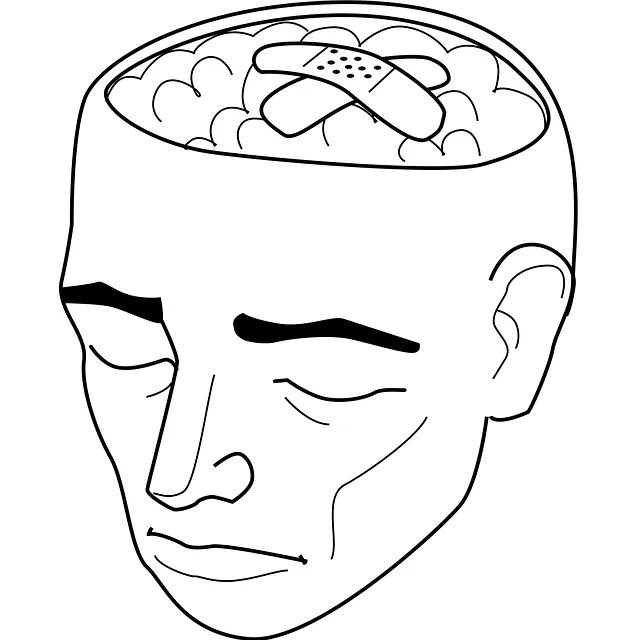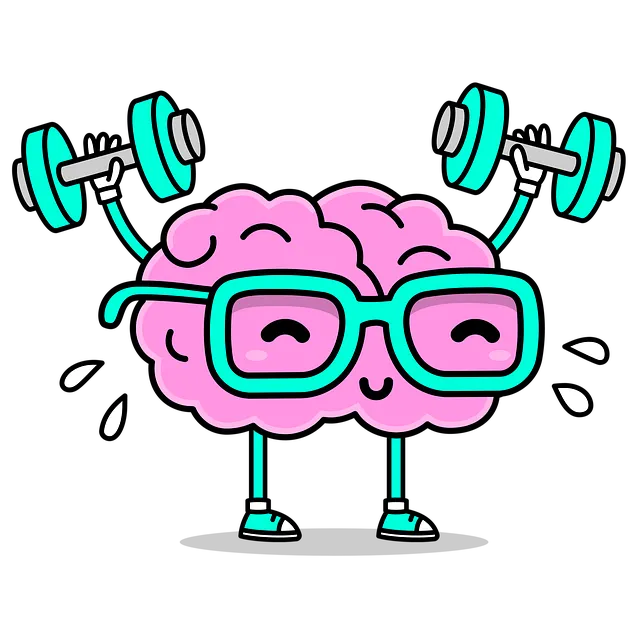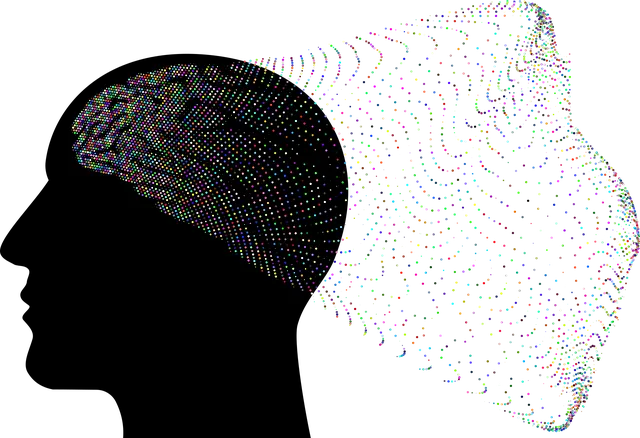Cultural competency is a cornerstone of modern, progressive healthcare, particularly at the Lafayette Kaiser Permanente mental health center. This approach ensures diverse cultural beliefs and values are understood and respected, enabling tailored care for a multicultural society. By integrating training programs centered around Mind Over Matter principles, the center equips professionals with emotional regulation skills to navigate cultural complexities sensitively. This revolutionary approach reduces stigma, improves patient outcomes, and fosters an inclusive environment by addressing systemic barriers and historical traumas. Through comprehensive assessments, interactive workshops, and regular evaluation, the Lafayette Kaiser Permanente mental health center ensures its staff are prepared to serve diverse communities effectively.
Healthcare provider cultural competency training is an essential framework for delivering equitable care, especially in diverse communities. This article explores the critical role of organizations like the Lafayette Kaiser Permanente Mental Health Center, a pioneer in training healthcare professionals. We’ll delve into key aspects of culturally competent care, effective implementation strategies, and measurement techniques to ensure continuous improvement. Discover how such programs enhance patient outcomes and foster inclusive environments, guided by best practices from industry leaders like Lafayette Kaiser Permanente.
- Understanding Cultural Competency in Healthcare: A Necessary Framework
- The Role of Lafayette Kaiser Permanente Mental Health Center in Training
- Key Aspects of Cultural Competent Care: A Deep Dive
- Implementation Strategies for Effective Training Programs
- Measuring Success and Continuous Improvement in Cultural Competency
Understanding Cultural Competency in Healthcare: A Necessary Framework

Cultural competency is a fundamental aspect of modern healthcare, especially at progressive institutions like the Lafayette Kaiser Permanente mental health center by owner. It involves understanding and respecting diverse cultural beliefs, values, and practices, ensuring that all patients receive culturally sensitive care. This framework is crucial in addressing the unique needs of an increasingly multicultural society, where mental health services must be accessible and tailored to various ethnic, racial, and social backgrounds.
By integrating cultural competency training, healthcare providers can navigate complex emotional healing processes with sensitivity. It enables them to challenge their own biases and preconceptions, fostering a more inclusive environment. This approach is vital in reducing the stigma associated with mental illness, which often varies across cultures. Public Awareness Campaigns Development and Mental Illness Stigma Reduction Efforts greatly benefit from this training, promoting understanding and empathy, ultimately leading to improved patient outcomes and community engagement.
The Role of Lafayette Kaiser Permanente Mental Health Center in Training

The Lafayette Kaiser Permanente Mental Health Center, owned by a forward-thinking healthcare organization, plays a pivotal role in shaping cultural competency within the industry. As a leader in mental health services, the center has embarked on a mission to educate and empower healthcare providers with the tools necessary to offer compassionate and effective care to diverse patient populations. Through innovative training programs, they impart essential skills and knowledge, emphasizing Mind Over Matter Principles as a foundation for emotional well-being promotion techniques.
By focusing on Emotional Regulation, the center’s workshops and seminars enable professionals to navigate complex cultural landscapes with sensitivity. These sessions delve into the intricacies of different cultural backgrounds, beliefs, and values, fostering an environment where providers can learn to adapt their practices while maintaining patient-centered care. The Lafayette Kaiser Permanente Mental Health Center’s commitment to training ensures that healthcare providers are equipped to handle the emotional needs of a diverse community, ultimately enhancing the quality of mental health services delivered.
Key Aspects of Cultural Competent Care: A Deep Dive

Cultural competency is a cornerstone of quality healthcare, especially within diverse communities like those served by Lafayette Kaiser Permanente mental health center by owner. It involves understanding and appreciating the cultural beliefs, values, and practices that shape individuals’ experiences and interactions with healthcare systems. Key aspects of culturally competent care include:
Building trust through genuine respect for patients’ cultural identities, languages, and communication styles. This fosters open dialogue, enhances patient engagement, and improves treatment adherence. Risk Management Planning for Mental Health Professionals must consider these cultural factors to ensure safe and effective care. Additionally, understanding the impact of systemic barriers and historical traumas on mental health is crucial. By integrating Emotional Healing Processes that respect and validate diverse experiences, healthcare providers can create a more inclusive and supportive environment, ultimately enhancing Mental Health Awareness and outcomes for all patients.
Implementation Strategies for Effective Training Programs

Implementing effective healthcare provider cultural competency training requires a strategic approach tailored to the unique needs of organizations like Lafayette Kaiser Permanente mental health center by owner. A successful program should begin with comprehensive assessment, identifying specific cultural gaps and areas for improvement within the healthcare team. This involves gathering feedback from both providers and patients, analyzing existing practices, and understanding the diverse cultural backgrounds of the community served.
Once identified, training modules should be designed to foster cultural awareness, empathy, and effective communication. Incorporating interactive workshops, case studies, role-playing exercises, and real-life scenarios can significantly enhance learning. For instance, training in conflict resolution techniques and inner strength development enables healthcare providers to navigate sensitive situations with grace, ensuring patient safety and satisfaction. Regular evaluation and feedback mechanisms should be integrated throughout the program to measure progress, identify areas for refinement, and promote continuous improvement.
Measuring Success and Continuous Improvement in Cultural Competency

Measuring success in cultural competency training is an ongoing process that goes beyond mere knowledge retention. At Lafayette Kaiser Permanente mental health center by owner, we employ a multi-faceted approach to assess and enhance cultural sensitivity in mental healthcare practice. This includes pre-and post-training assessments to gauge improvements in participants’ attitudes, beliefs, and expected behaviors. We also gather feedback through focus groups, surveys, and one-on-one interviews to capture nuances in their experiences and identify areas for improvement.
Continuous improvement is embedded in our training model. By analyzing the data collected, we can tailor future sessions to address specific gaps and reinforce positive shifts. This dynamic approach ensures that our staff are equipped with the social skills training necessary to navigate diverse patient backgrounds effectively. Moreover, it supports our mission to not only prevent depression but also to foster inclusive mental healthcare practices that resonate with all communities.
Cultural competency training, as demonstrated by the innovative programs at the Lafayette Kaiser Permanente Mental Health Center, is not just a best practice but an essential component of modern healthcare. By equipping providers with the skills to understand and respect diverse cultural backgrounds, we enhance patient care, foster trust, and create a more inclusive health system. As discussed in this article, implementing effective training programs involves strategic planning, ongoing evaluation, and a commitment to continuous improvement. The Lafayette Kaiser Permanente mental health center serves as a shining example of how such initiatives can positively impact both healthcare providers and the communities they serve.






